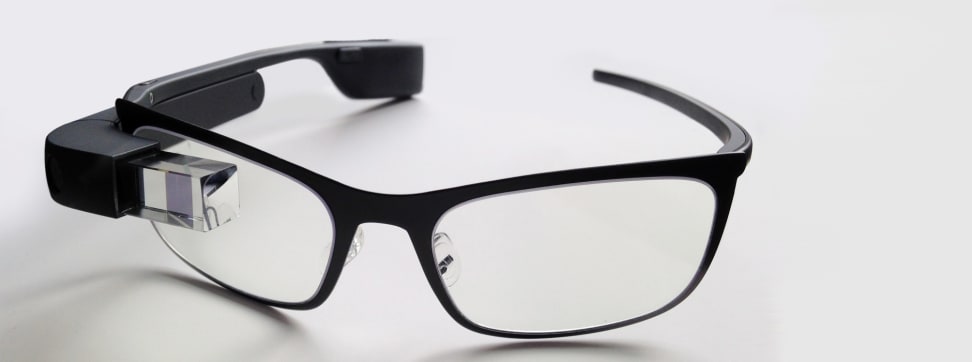Connected Devices as Common as Electricity by 2025
Worried about security in a world where everything is connected? You should be.
 Credit:
Credit:
Products are chosen independently by our editors. Purchases made through our links may earn us a commission.
For most people, 25 is a fairly uneventful birthday. But for the World Wide Web, which is old enough to rent a car this year, it has been a source of public reflection.
Pew Research, in particular, has published a number of reports investigating the impact of the web on human society. One such report, released in March, looks specifically at its future, and how the sheer ubiquity of connected devices will fashion the internet into something more akin to the electric grid than today's world wide web.
What that means, according to the more than 1,800 experts who participated in the survey, is that the internet will become less visible while simultaneously becoming ever more important. Most agree that a “global, immersive, invisible, ambient” network will emerge by 2025, aided by the “proliferation of smart sensors, cameras, software, and databases.”
This is the world of mass connectivity and automation commonly referred to as the Internet of Things (IoT). In turn, the IoT will find its way into a vast web of commercial, industrial, and even medical applications.
According to the experts, wearable devices will provide users with real-time health and activity feedback. Homes will be filled with gadgets that seamlessly communicate with one another to enable full automation. Manufacturers will be able to precisely track goods through the supply chain with the help of sensors and cameras. And utilities will function more efficiently and respond automatically to environmental factors, including pollution and infrastructure problems.
Is It Secret? Is It Safe?
Sounds a bit too utopian too be true, right? The hope and optimism surrounding the IoT tends to overshadow the risks—not to mention the social and infrastructural hurdles that may get in the way. The security of all those connected devices is the most obvious example.
Writing for Wired, Klint Finley points to recent examples of viruses that target connected devices and security camera DVRs and use them to mine bitcoins. In February, Belkin’s WeMo system was revealed to host a number of vulnerabilities that opened its home automation products up to unscrupulous hackers. And who can forget the recent uproar over a smart fridge that had (apparently) been hacked?
Ars Technica’s Peter Bright wrote in a January op-ed that the security updates needed to bring traditionally "dumb" devices—such as appliances and thermostats—into the IoT will hamstring manufacturers with little experience in data security.
And then there’s the sheer complexity of the new connected ecosystem. Howard Rheingold, a leading internet sociologist, has opined that, “We will live in a world where many things won’t work, and nobody will know how to fix them.”
According to Michela Menting, a senior cybersecurity analyst at ABI Research, many of these concerns are unwarranted. Responding to the Ars Technica op-ed, Menting explained to us in February that there’s no reason to expect securitization demands to fall out of step with risk.
“There will be demand for security,” she explained. “An ecosystem will develop to provide patches and security updates for IoT firmware and agents. Security is a niche market, but it is selling well, and continues to grow exponentially.”
“There’s no reason to think that people will not want to spend more to secure larger more expensive goods for the long term,” she added.
Social Fallout
That's not to say there won't be problems. Whenever you’re talking about the future it’s difficult to account for the disparate ways technology develops alongside commerce, politics, and culture. You can’t talk about one without considering the others.
For instance, just 10 years ago it was unimaginable that the U.S. government could have the power to snoop in on a conversation between you and your roommate in the safety of your kitchen. Now we know that the NSA has the ability to hack your mobile device and remotely engage its microphone or camera, even when it’s turned off.
Is it that difficult to imagine similar capabilities extended to a smart fridge or Xbox One? More importantly, how likely are consumers to buy such products if they’re made aware of these dangers?
Inevitably, as security needs evolve, so will the economic, political, and social concerns. Connected devices may be as ubiquitous as electricity by 2025, but our world will have to change—in some cases drastically—to accommodate them. Menting agrees.
“It’s my belief that as we connect more things in our life, many of them will hold ever more personal information we do not want disclosed,” she said. “Here privacy issues start coming into play, and liability for data leakage of personally identifiable data is the security driver.”
Hero image: Wikimedia Commons, "Mikepanhu" (CC BY-SA 3.0)
